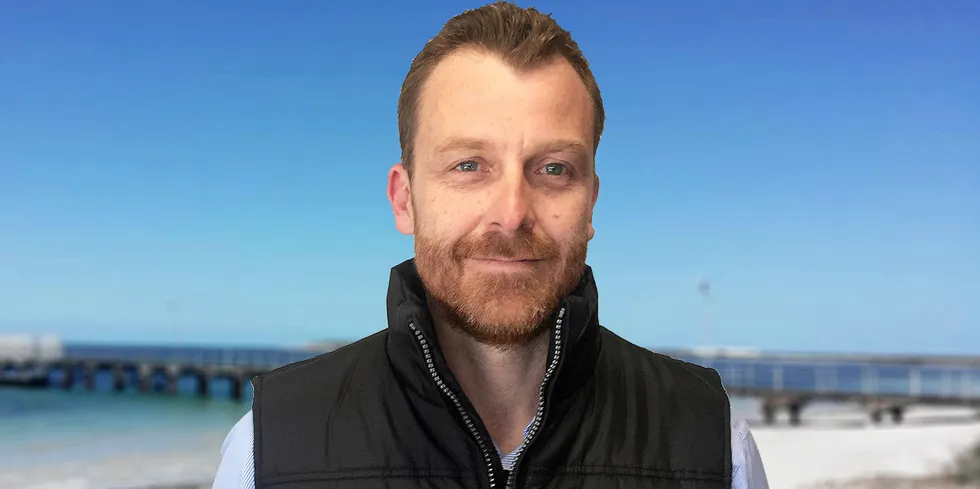Yellowtail kingfish farmer Clean Seas turns pandemic 'devastation' into new era of success
CEO Rob Gratton is seeing a tipping point on demand for the whitefish, he tells IntraFish.

CEO Rob Gratton is seeing a tipping point on demand for the whitefish, he tells IntraFish.
